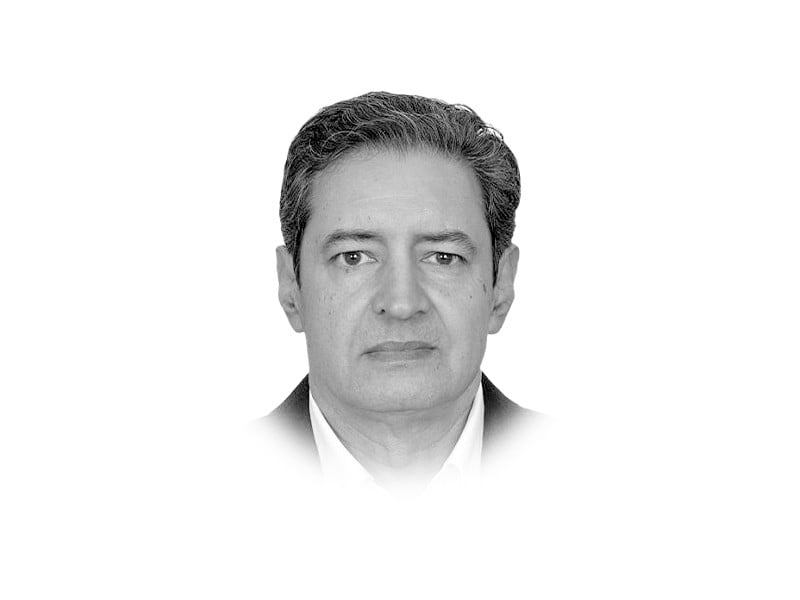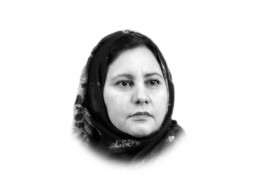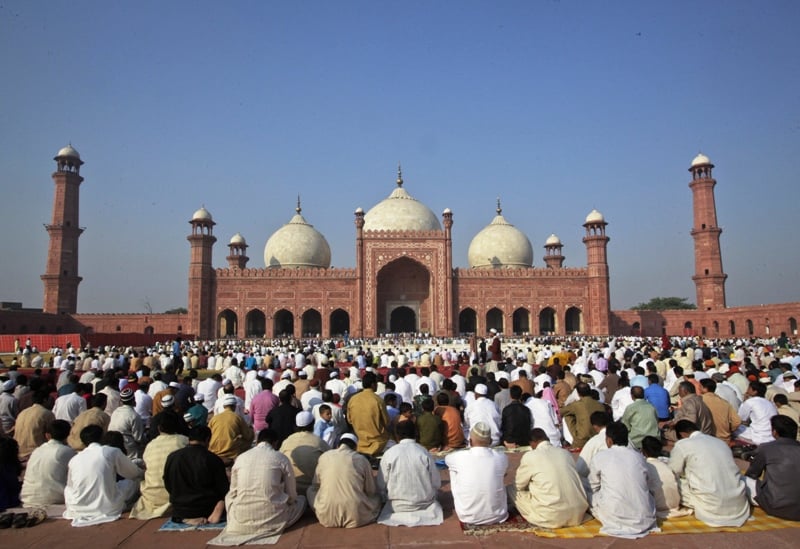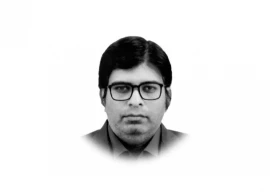
Pakistan, the world's fifth-most populous nation, embodies a paradox of potential and paralysis. Beneath its rich historical and cultural landscape lies a state increasingly enfeebled by chronic political instability, economic vulnerability, and deep societal fissures. These are not mere episodic disruptions but structural maladies that have rendered the state precariously fragile. To comprehend this predicament, one must engage in a rigorous examination of its socio-political fabric - a society mired in despair, a disillusioned youth bereft of opportunity, and a polity trapped in dysfunction. What this moment demands is a profound recalibration of the nation's political architecture.
The political landscape in Pakistan, dominated by traditional parties that frequently claim commitment to public welfare, has consistently failed in governance and nation-building. Rather than uniting the populace around a shared vision of progress, these parties have deepened regional, ethnic and economic divisions, further fracturing an already fragile social contract.
The endurance of an individual-centric model of politics that perpetuates the ambitions of political elites rather than serve the collective good, has left governance teetering on collapse. This system, already obsolete, came crashing with the advent of Imran Khan, whose rise symbolised not a rupture from the past but the end of an era. His emergence highlighted a void in leadership and governance, creating a momentary illusion of transformation and signalling the need for a new kind of politics.
Initially hailed as a messianic figure, Imran Khan's rhetoric of reform and transparency resonated with an electorate weary of entrenched elites. Yet his politics, though unconventional in style, was no different from the system he sought to challenge. Lacking institutional grounding and structural reforms, his leadership was that of a false messiah - an illusion of change that deepened national disillusionment. This failure underscores the urgency for a politics rooted not in charisma but in institutional strength and collective purpose.
Scholars like Daron Acemoglu and James Robinson, particularly in their seminal work Why Nations Fail, argue that the absence of inclusive institutions leads to the concentration of power in extractive elites, perpetuating cycles of instability and poverty. Pakistan epitomises this paradigm. Its political parties have historically functioned as patronage networks rather than as democratic institutions capable of addressing public needs.
At the heart of Pakistan's political malaise lies the failure to institutionalise politics. Political parties have revolved around charismatic figures, neglecting to foster internal democracy or establish resilient structures capable of enduring beyond individual personalities. While dynastic politics often receives critique, it is not inherently detrimental provided it operates within a robust institutional framework. In Pakistan, however, dynastic politics has become an extension of individual-centric governance, reducing parties like the Pakistan Muslim League (PML) and Pakistan Peoples' Party (PPP) to familial enterprises. This approach stifles meritocracy, curtails innovation, and entrenches a culture of opacity in decision-making, eroding public trust.
The repercussions of this decayed political culture are profound. Pakistan's youth, the nation's most vital asset, are alienated from a system that offers little hope for representation or progress. Women, minorities and smaller provinces remain systematically marginalised. Meanwhile, chronic economic mismanagement, compounded by political instability, has pushed the state toward insolvency. The absence of institutional frameworks for governance has entrenched reliance on the establishment, further blurring the already fraught distinction between civilian and military authority.
Comparative contexts offer critical lessons. Botswana demonstrates how institutional transparency and inclusivity can transform a fragile post-colonial state, while Zimbabwe illustrates the destructive consequences of extractive, leadership-driven governance. Pakistan's inability to institutionalise politics mirrors the latter, leaving it ill-equipped to tackle terrorism, economic crises or basic public service delivery. This systemic deficit underscores the unsustainability of the current political model.
The magnitude of Pakistan's challenges demands nothing short of a fundamental rethinking of its political framework. A new political process, rooted in institutional frameworks rather than individual personalities, is essential. This process necessitates that political parties prioritise internal democracy; ensure leadership opportunities for all members, particularly the youth; reject corruption; and promote policies centred on human development. Such a process must transcend the patronage-driven politics of the past, offering a vision of governance that inclusively addresses the needs of marginalised groups and smaller provinces.
The South Korean model of institutional transformation from autocracy to robust democracy demonstrates how deeply divided societies can achieve cohesion. Pakistan's renewal demands a similarly resolute commitment to structural transformation.
Pakistan is at a crossroads, with the convergence of economic fragility, social polarisation and political dysfunction, hurtling toward an existential crisis. Fundamental reforms, grounded in broad-based consensus, are no longer optional but essential. Institutions must adhere to constitutional boundaries, fostering collaboration rather than competition. Given the historical behaviour of current political parties, it is unlikely that they will undergo the necessary transformations.
In this new paradigm of transformative politics, a political party must not simply promise change; it must embody and exemplify it. It must function as both a political institution and a social movement, reflecting the people's aspirations and addressing their urgent needs. This path will be fraught with challenges, but it is the only viable way forward. Decades of interference and inertia have left the political process stunted, bereft of maturity and innovation. Yet no political system - however flawed - remains static indefinitely.
History shows that when governance fails to transform itself voluntarily, it is often dismantled by disruptive, violent and unforgiving forces. Pakistan's political actors, clinging to outdated practices, seem tragically oblivious to this looming reckoning. Mounting public discontent, economic despair and deepening polarisation signal a system unravelling and teetering on collapse.
The choice confronting Pakistan's political class is stark: either new leadership steps forward with a deliberate commitment to addressing the aspirations of the people and radically reconfiguring politics to align with these expectations, or the system succumbs to forces beyond its control. The current political inertia risks precipitating justice through upheaval, with consequences far more catastrophic than anticipated. The time to act is now - before systemic collapse becomes irreversible.




















COMMENTS
Comments are moderated and generally will be posted if they are on-topic and not abusive.
For more information, please see our Comments FAQ